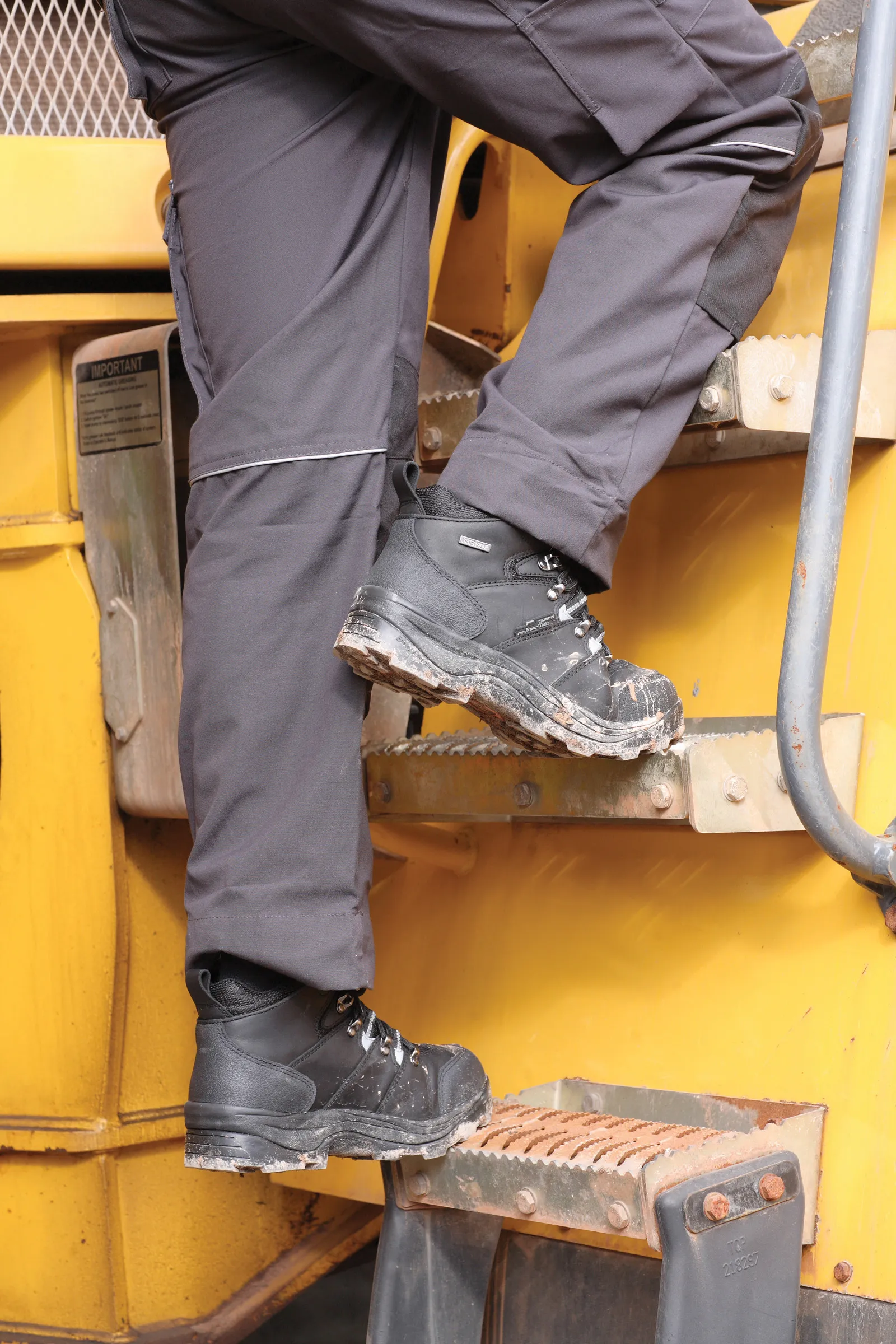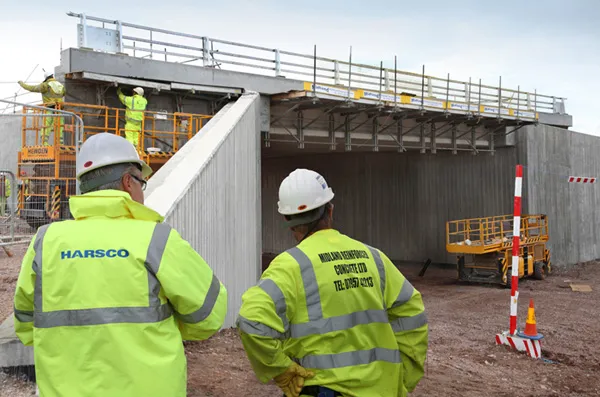Rock Fall (UK) has released its Tomcat range of total protection footwear, which has been designed for the safety of personnel working in quarry, mineral processing and extraction industries and similar working environments.
February 6, 2012
Read time: 2 mins

The boots were developed through extensive research and testing to and are said to be the first to incorporate internal metatarsal protection to meet European S3 Safety Standards.
Based in Alfreton, County Derbyshire, England, the company has launched its "revolutionary range" to help reduce the number and severity of metatarsal injuries, a widespread and extremely painful, debilitating injury.
The range has taken more than two years to develop and surpasses the EN ISO 20345:2004/A1 2007 European Safety Standards, with the main design feature being the patented, integral metatarsal protector, a lightweight and flexible inner plate that protects the wearer's fragile metatarsal bones from impact.
The boots feature rubber outsoles, are able to withstand heat up to 300°C.
Stephen Noon, Rock Fall UK's managing director who conceived the concept of the boot, said: "For many years now we have protected part of a wearer's foot. We feel that the industry should look to protect the whole foot and make the end-user as comfortable as possible while carrying out a day's work."









